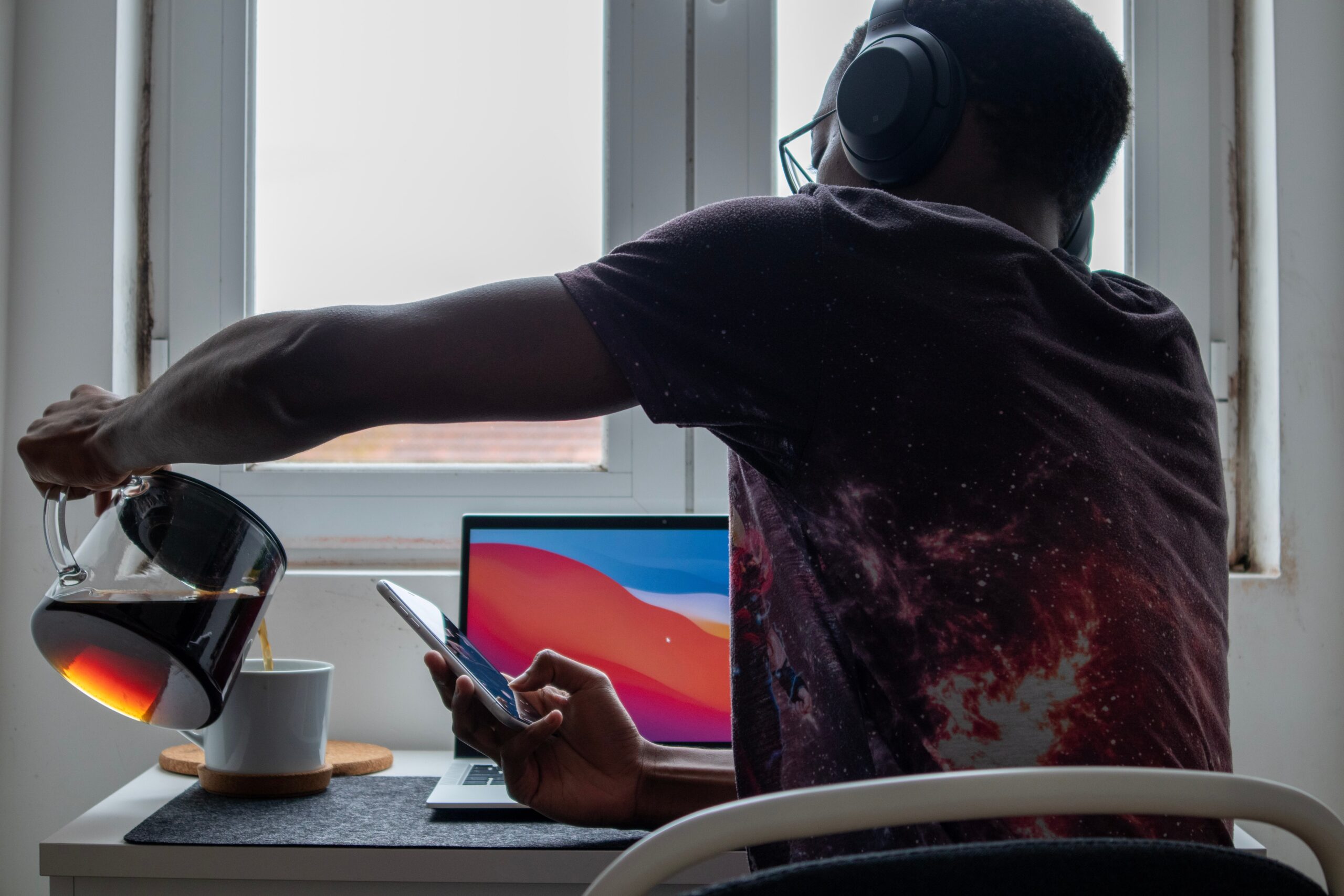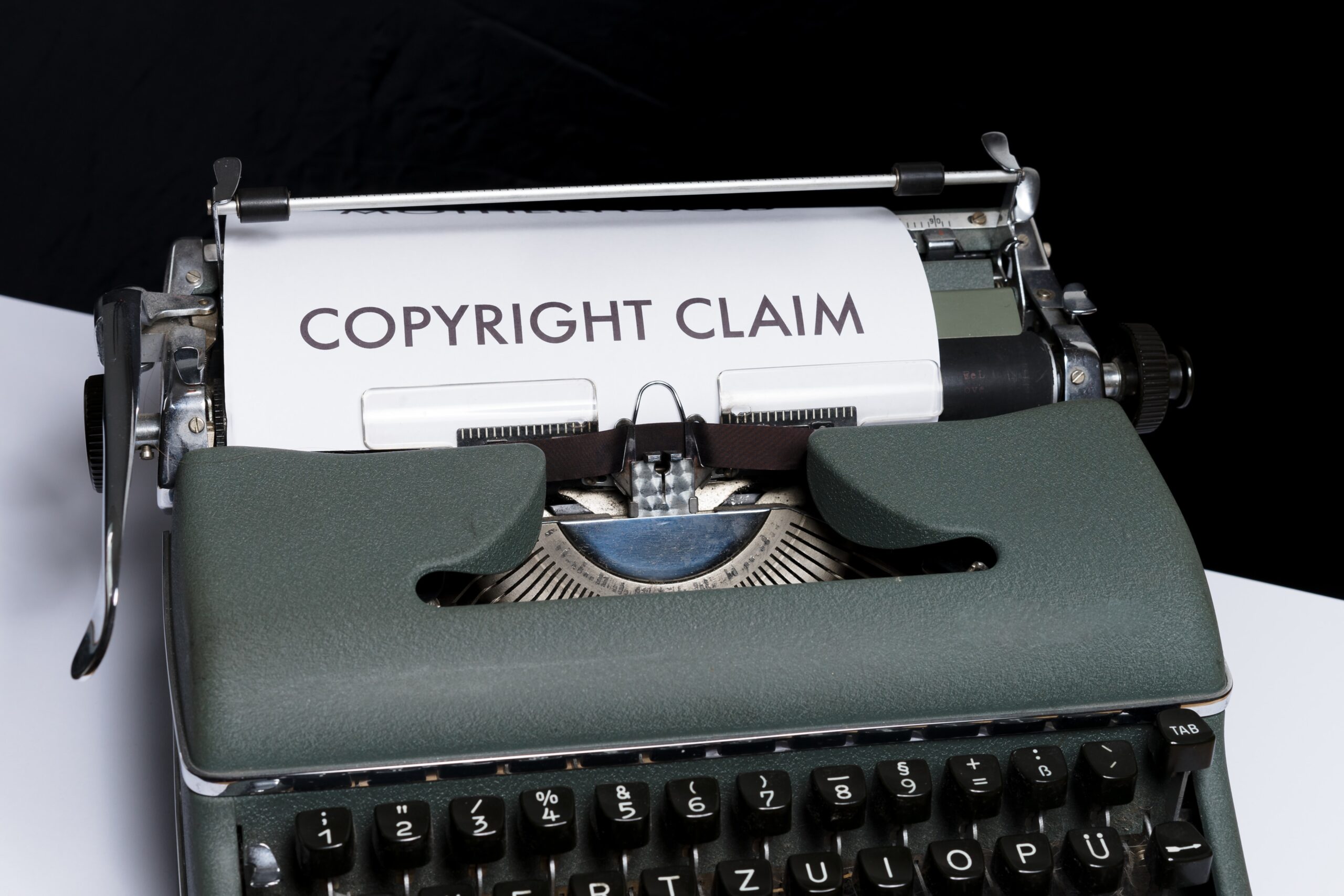Here at Creative Genius Law, we know you pour your heart and soul into your work. But despite the time, effort, and emotional investment that goes into each creation, artists often find themselves grappling with a darker side of the creative process: copyright infringement.
The unfortunate reality of copyright infringement is that it can leave artists grappling with financial consequences that threaten their livelihood and ability to create. Far too often, artists underestimate the importance of protecting their intellectual property, only to find themselves at a loss when their work is stolen and exploited.
We are dedicated to helping artists and creators safeguard their work as a crucial part of building generational wealth, and hope to inspire you to take action to protect your intellectual property so you can continue to thrive in your creative pursuits. In this article, we will explore the actual financial costs of copyright infringement, highlighting the monetary impact that can reverberate through an artist’s career when their work is unlawfully used.
What Is Copyright Infringement?
Let’s establish a clear understanding of what copyright infringement entails. When we talk about your work being stolen or ripped off, we’re usually referring to copyright law — because copyright law is what protects the expression of an idea in the form of your original creative work. Under copyright law, artists are granted a bundle of exclusive rights pertaining to their creations. These rights typically include:
- The right to reproduce the work
- The right to create derivative works based on the original
- The right to distribute copies of the work
- The right to publicly display the work
- The right to publicly perform the work (in the case of music, drama, and other performance arts)
If someone has displayed, published, modified, or created a spin-off of your work without your permission, they have likely infringed on your copyright. In order to prove copyright infringement, two essential elements must be established, ownership and infringement.
- Ownership. You must demonstrate that you own the rights to your creative work, typically through a valid copyright registration or evidence that your work is original and created by you.
- Infringement. You must show that the other party has used your work in a way that violates one or more of your exclusive rights, without your permission or a valid legal defense like fair use.
The Benefits of Registering Your Work With the U.S. Copyright Office
The reality is that most artists share their creative work online in some way. And when you’re sharing your work, you’re cheering when people start paying attention, because you want more buzz and more visibility, right? You want your work to catch the attention of a potential client or customer, and there’s nothing wrong with that. But there is built-in risk when you share your work online. Copyright infringement occurs frequently, so it’s essential to know your rights and the legal protections available to you.
The good news is that copyright law offers robust protection for creators. Technically, as soon as you create an original work, such as a poem, you automatically own the copyright – but registering your work with the U.S. Copyright Office grants you greater protection and benefits. Here’s what you need to know about proving copyright infringement and the benefits of registration.
- Statutory Damages. If your work is registered with the U.S. Copyright Office and someone infringes on it, you are entitled to statutory damages, which are monetary awards designed to compensate creators who have suffered copyright infringement. For each case of infringement, you could be entitled to receive $750 for each case of infringement, for a total of up to $35,000. In cases of willful infringement — where the person responsible for the infringement acted egregiously — the damages can go up to $150,000 per infringement.
- Attorneys’ Fees. If your work is registered with the U.S. Copyright Office within a specific timeframe, you may be entitled to recoup attorneys’ fees should you take legal action against the infringing party. This can be a significant financial relief, as legal costs can quickly add up in copyright infringement cases.
- Right to Sue. Registering your work with the Copyright Office grants you the right to bring a lawsuit in federal court. This is a crucial legal avenue for artists who seek to protect their intellectual property and hold infringers accountable.
As we mentioned above, in order to successfully prove copyright infringement, you must demonstrate that you own the copyright to your work and that the infringing party has used your work in violation of your exclusive rights without your permission. Registering your work with the U.S. Copyright Office not only strengthens your case, but also unlocks additional legal benefits, making it a worthwhile step for any creator looking to safeguard their artistic legacy.
The Cost of Copyright Infringement, If You’re Not Protected
What could copyright infringement look like, if it happens to you? Let’s take a look at an example. Let’s say you’re a visual artist whose work has been used without permission to promote someone else’s venture. You see that your work has been displayed on billboards and flyers in your community. It’s generating buzz and potential revenue for the infringing party.
If you consult an attorney, their first question will be whether your work was registered with the U.S. Copyright Office. Without registration, you face several limitations and costs, including:
- Proving actual harm. You’ll need to demonstrate how the theft of your work translates into actual financial loss for you, such as lost sales. This can be difficult for many creators, especially emerging ones.
- Missing out on statutory damages. If your work had been registered, you would be entitled to at least $750 to $150,000 per infringement, depending on the severity. Without registration, you cannot benefit from these damages.
- Paying your own legal fees. Without registration, you cannot recoup attorneys’ fees. Defending a copyright infringement case can be expensive, with retainers ranging from $10,000 to $15,000 or more — and the retainer is just an advance on your legal fees.
So how does this all add up? For this example, in total, not registering your work with the U.S. Copyright Office could mean a loss of somewhere between $100,000 to $150,000. Yikes!
So, are you ready to protect your work now? [Hint: The answer should be yes.]
As a creator — whether you’re a writer, visual artist, photographer, videographer, or any other creative professional — it is critical that you claim your copyright to avail yourself of the full protection and benefits provided by the law. Registering your work puts you in a better position if someone infringes on your copyright, allowing you to recover statutory damages, prove actual harm more easily, and potentially recoup attorneys’ fees. By taking this crucial step, you can safeguard your creative assets and build generational wealth.
If you need guidance on assessing your intellectual property and registering your work with the U.S. Copyright Office, we are here to help. To get started, submit an intake form and connect with us today.


